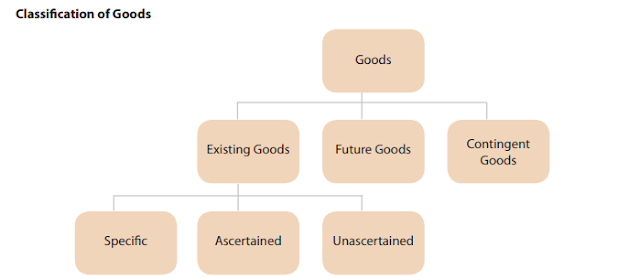Sales of Goods Act- Effect of Perishing Goods
Effects of perishing Goods Assume, you have contract to buy horse from Mr Mallya. You made a contract. Now at the time of making contract, Horse died in stable which Mr Mallya don't know. Now what ? Will you get money back ? Will Mr Mallya get money because he didn't know whether Horse died or not ? These questions are answered in section 7. Section 7 states as below Where there is a contract for sale of specific goods, the contract is void if the goods without the knowledge of the seller have at the time when the contract was made, perished or become so damaged as no longer to answer to their description in the contract When subject matter of contract is destroyed, performance of contract becomes impossible and hence contract becomes void. In above example, you have selected horse, but it died without the fault of seller and he cannot bring that horse back to life. Similarly say you ordered 1 ton of Bananas. Monkey had destroyed Bananas beyond recognition...
